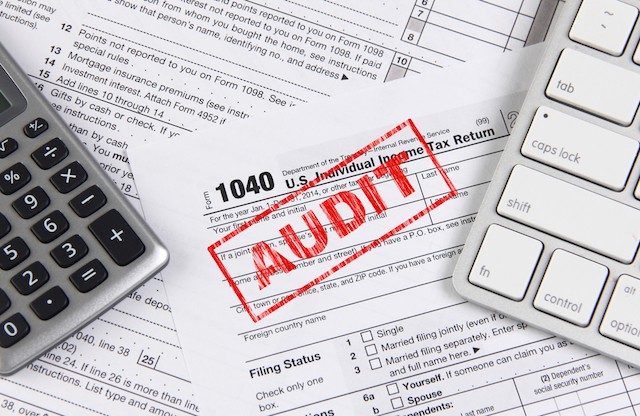The Internal Revenue Service is looking into cannabis companies in Colorado, sparking uncertainty and unease among cannabis businesses. The newest audits are focusing on Form 8300, which is the form used to report cash transactions of $10,000 or more. The IRS is investigating large cash transactions which have been processed by these businesses for evidence of money laundering and under-reporting of business income. While some marijuana-related businesses in Colorado have already been able to settle their Form 8300 audits, other business owners are dealing with audits from the IRS regarding Section 280E. This article is intended to help marijuana related business mitigate their potential exposure to an IRS audit.
For cannabis companies, an IRS audit doesn’t only come along with the risk of having to pay additional tax liabilities, the businesses may also be hit with fraud or other criminal charges because cannabis is still considered to be an illegal drug under federal statutes. Generally, businesses that earn $200,000 can expect to be audited at a higher rate than businesses that earn less than this amount. Under-reporting your income is one of the top IRS red flags and with cannabis-related businesses dealing in cash, it is fairly easy for these businesses to come under the scrutiny of the IRS.
Until the law changes, every cannabis company is at a substantially higher risk of being audited by the IRS than other types of business. As a result, it is extremely important for your business to follow these best practices so that you can reduce your chances of being audited.
1. Maintain careful records and copies. The more your business makes, the higher the chances are of an audit. This is because you are likely to be required to file Form 8300 for multiple transactions that were conducted. In addition, if your business takes large deductions for cost of goods sold (COGS), the IRS may wish to examine your deductions more closely. Make sure that you maintain copies of all filed tax forms and receipts for all of the items that you claimed as a part of your COGS deductions.
2. Make sure to file on time. While it may seem obvious that you should file your returns on time, it can be difficult to keep up with the forms and due dates for marijuana-related businesses since the rules seem to change each year. Having a qualified tax professional prepare your taxes can help you keep on top of the legal requirements for your business.
Here are the annual deadlines that companies should be aware of:
Corporation income tax returns (Forms 1120 and 1120-S) are due by March 15th for S corporations and April 17, 2017 for C corporations.
Partnership tax returns (Form 1065) are due by March 15, 2017.
3. Comply with all state laws. Make sure that you have properly disclosed all of the activities of your business and any related party interest to your lawyer and CPA to ensure that your business is in compliance with state law. To find out more about the laws that apply to cannabis-related businesses in each state, go to:
Alaska: Alcohol & Marijuana Control Office
Washington: Washington State Liquor and Cannabis Board
Oregon: Oregon Department of Revenue Marijuana Tax Program
Colorado: Colorado Department of Revenue: Marijuana Taxes
California: California Board of Equalization: Marijuana
Being in violation of state law puts your business at a much greater risk of audit because the federal government’s current policy is to investigate cannabis-related businesses that violate both federal and state laws.
No matter how many precautions you take, there is absolutely no guarantee that your business won’t be audited by the IRS. However, using the tips above can lessen your chances. But you should still make sure to maintain thorough, well-organized records just in case. For more information, contact California Cannabis CPA.












